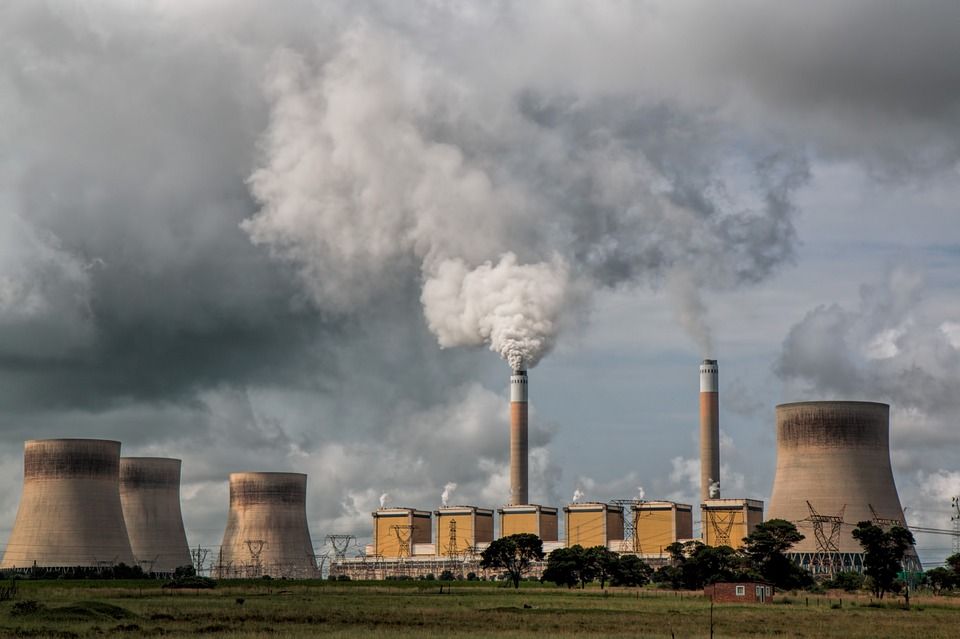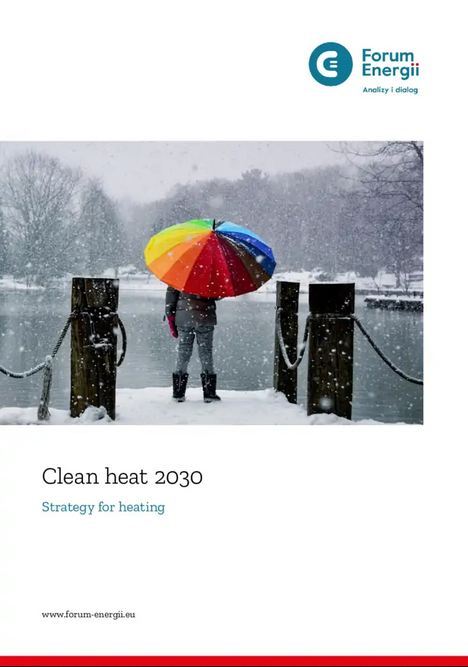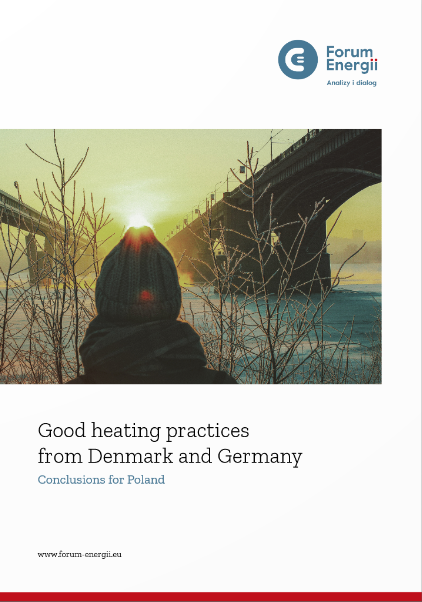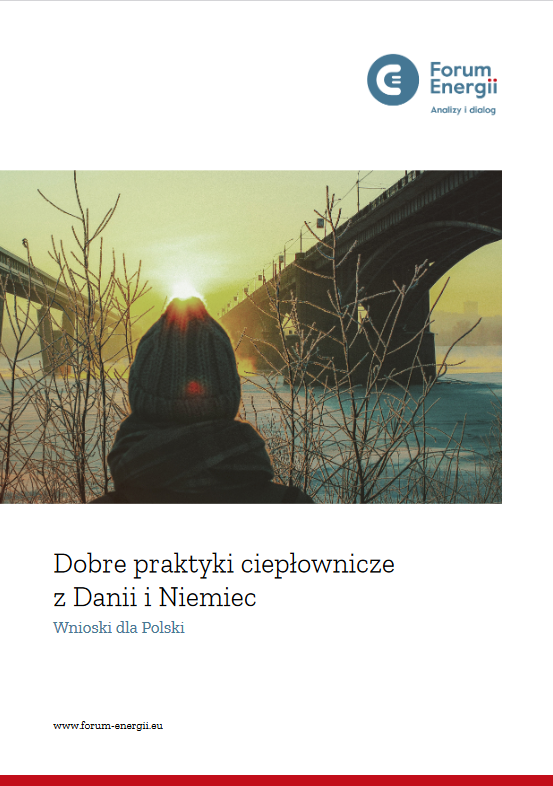International Cooperation Forum “Clean Heat”
The project is completed. The Clean Heat project successfully contributed to the transformation of the heating sector in Poland and beyond – at the policy level and on the ground. It did so by contributing expertise, analyses and data to policy processes in Poland and Brussels; by exchanging with international experts; by laying out a roadmap for clean energy use in cities and by building knowledge and capacity at the national and municipal levels.
Energy Efficiency Energy Policy Energy Poverty Energy Transition and Climate-Neutral Buildings Renewable Energy

Project info
Poland
11/17 - 08/21
-
516,607.75 €
Contact info
Aleksandra Przygoda
-
Background
The heating sector is one of Poland’s main sources of CO2 emissions and it heavily contributes to air pollution. Poland is home to 33 out of the 50 most polluted cities in Europe. The sector is heavily dependent on coal. A coal phase-out is socially a sensitive issue and funding for more sustainable alternatives has been lacking.

Project
In order to support the transformation of the Polish heating sector, the project developed concepts on low emission heating modernization strategies. The project connected businesses and international experts and used best experiences from Europe. The basic assumption of the project was that the Polish modernisation plan shall contribute to Poland’s energy and climate targets in 2030 and reduce air pollution substantially. Concepts and analyses resulting from the project contributed to the preparation of the Energy and Climate Plan for Poland. On the one hand, Forum Energii analysed the idea of increasing the share of renewable energy in the heating sector. On the other hand, the project also laid the groundwork for further energy efficiency improvement in generation and transmission in the heating sector. Other activities included a review of the economy and efficiency of heating systems. Additionally, the idea of electrification of heating in households in combination with RES development in the power sector was developed. Through the project, Forum Energii was able to demonstrate how district heating and household heating can become climate-neutral.
State of Results
- The results of the projects analyses were included in the proposal of the Clean Heat Strategy by the Polish Ministry of Climate in 2020. Thanks to the projects efforts, the national Energy Policy has enshrined targets to move away from coal in households by 2030 while at the same time raising awareness for energy efficiency in buildings. By providing the necessary date, the project also helped the National Environmental Protection Fund prepare a programme to finance the decarbonization of small district heating systems.
- The project developed an anti-smog roadmap for the Polish city of Żywiec, where traditionally more than 80% of heating energy comes from coal. The roadmap addresses common challenges for medium-sized Polish cities: High costs of heat from the district heating system, insufficient coal phase-out strategy, ineffective thermomodernisation and high pollution. The project mapped specific actions that will help Żywiec to obtain funds for the modernization of heating system and ultimately improve its quality of life. The roadmap indicates a priority catalogue of actions, their costs and it identifies key stakeholders. Watch Forum Energii’s Director Dr. Joanna Mackowiak-Pandera explain Forum Energii’s work on Żywiec.
- In their report The District Heating Company of the Future, Forum Energii calculated that 67% of the heat energy of small district heating systems may come from renewable energy sources as a result of modernization of inefficient district heating systems and replacement of coal boilers with heat pumps supplying separated low-temperature district heating systems. At the same time, 73% of the total heat energy savings may be achieved by well insulated buildings and by district heating networks converted to low temperature microgrids. This would save PLN 1 billion. Ultimately, a household operating in a modernized building powered by a zero-emission heat source would pay 60% (PLN 2,000 per year) less for heat than households operating in uninsulated buildings powered by inefficient heating systems.
- The project also left its mark in EU Commission legislation: It was mentioned as good example in the RES 3 – Proposal for a Directive on Promotion of Energies from Renewable Sources and it gave a positive impact on the discussion of the EU Renovation Wave by translating the concept into practical solutions for Member States.
Last update: July 2024




